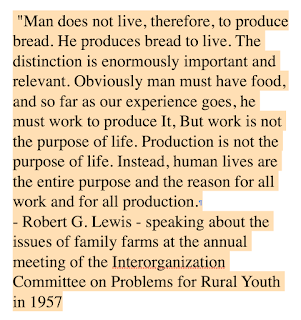Let's look at the BIGGER PICTURE of gendered sports and gendered restrooms, and look at the nature of segregation in general - and the similarities between racial segregation and gender segregation...
In the Jim Crow era, a LOT of time and effort was spent arguing over who could use "Whites Only" restrooms and play on "Whites Only" sports teams. What about those who looked White but had a trace of African ancestry? What about Arabs and others who didn't fit neatly into the binary racial segregation system in the United States?
The answer - obvious in retrospect - is that RACIAL SEGREGATION was the problem! Once there were no longer "Whites Only" facilities or "Whites Only" sports teams, there was automatically no longer a question of which restroom an Arab (for example) was required to use, or which sports teams they were allowed to play on.
Today, a LOT of time and effort is spent arguing over who can use "Women's Only" or "Men's Only restrooms and play on "Women's Only" or "Men's Only" sports teams. The parallel between GENDER SEGREGATION and RACIAL SEGREGATION is obvious. In MY Opinion, the solution is also obvious. Instead of arguing over where an individual fits into the binary gender segregation system, LET'S ELIMINATE the GENDER SEGREGATION SYSTEM. If "Whites" and "Coloreds" can learn to use the same restrooms, so can "men" and "women." Same with sports teams. Same with the military. Same with the legal system. Same with all of life. Like Racial Segregation, Gender Segregation is an evil that we need to relegate to history.
[and for those who argue that race is clearly not binary, while gender is, look at the reality of the Jim Crow era: the racists of that time absolutely did believe that an individual WAS definitively either "White" or "Not White."]
----- Background - AI Generated (Gemini)
During the era of Jim Crow segregation in the United States, the concept of race was rigidly defined and enforced, but it wasn't always straightforward. Here's how some groups outside the strict White/Black binary were dealt with:
Important Considerations:
- Subjectivity and Inconsistency: The application of these rules was highly subjective and inconsistent, varying significantly by region and over time.
- Social and Psychological Impact: These experiences had a profound impact on the lives of individuals who did not fit neatly into the existing racial categories. They often experienced social isolation, internalized racism, and struggled with their racial identity.
Disclaimer: This is a simplified overview, and the experiences of individuals within these groups varied greatly.
It's crucial to remember that the Jim Crow era was a period of systemic racism and oppression. The experiences of individuals who did not fit neatly into the dominant racial categories highlight the complex and often arbitrary nature of race classifications and the devastating impact of racial prejudice.
----- end-of-AI-generated





